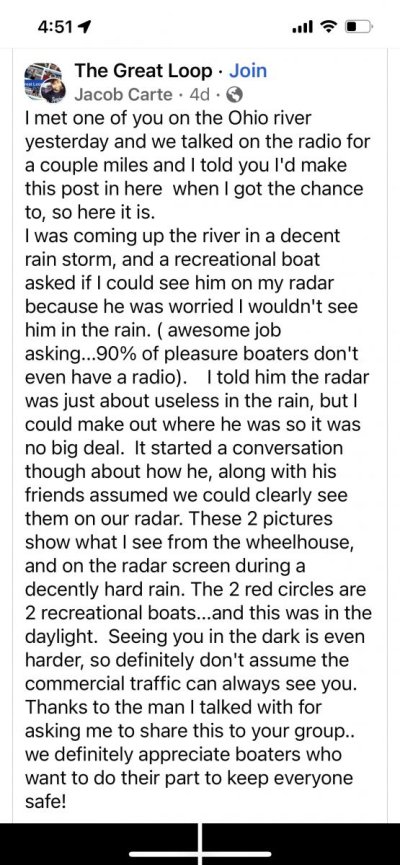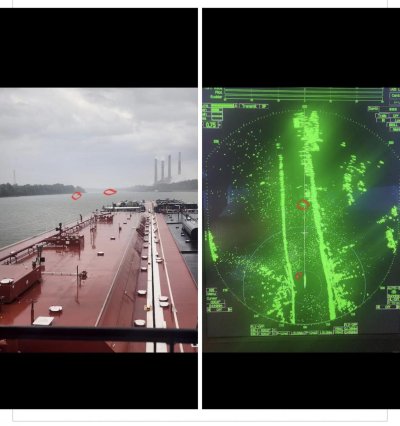mahal
Guru
- Joined
- May 26, 2010
- Messages
- 651
Just an input here, been a sailor since 1976. Always having situational awareness and always had VHF in the cockpit as well as below. Now I have a motorboat tug. And let me tell you all, I feel more prone at the below helm, find myself running around the boat checking all quarters at all times. So any help I can get is great. AIS Radar VHF Select calling, and a better pair of binoculars too.
OK back on subject..... New m2000 GPS and separate VHF antenna for the system arrived ready to install.
So tech wise, installing another VHF antenna in for me a small boat creates problems, Needs to be more than 4 feet from any other VHF antenna. Need to get my tape measure out. Or utilize my small mast.
Another option would be to use an antenna extension mast. If you need to lower it, use a ratchet mount.
I also considered the mast for mine but it was going to involve too much extra work on cable routing.






